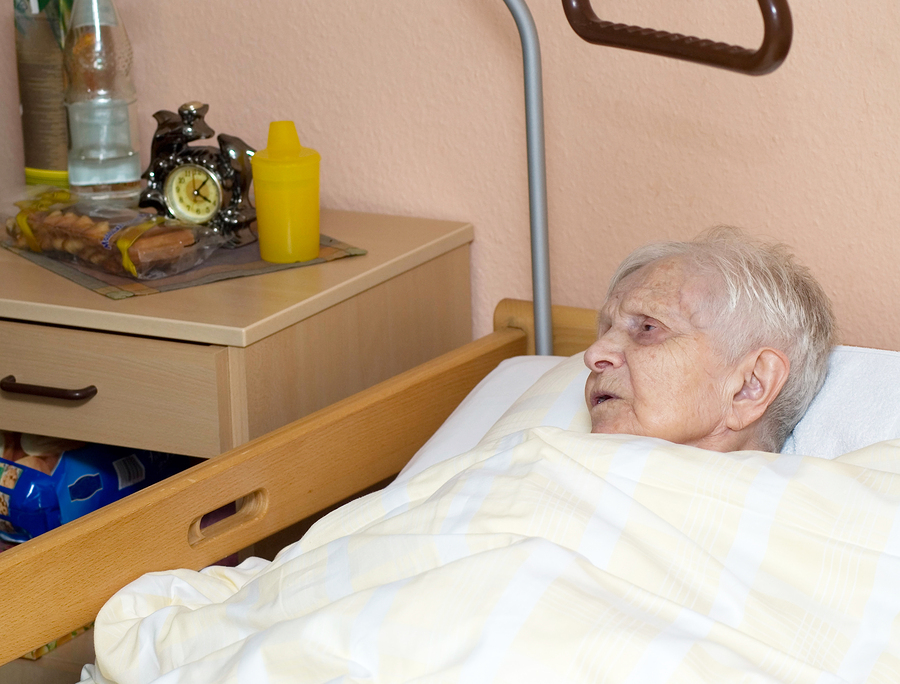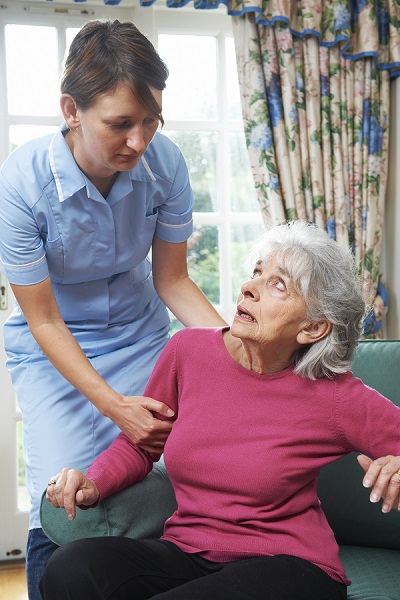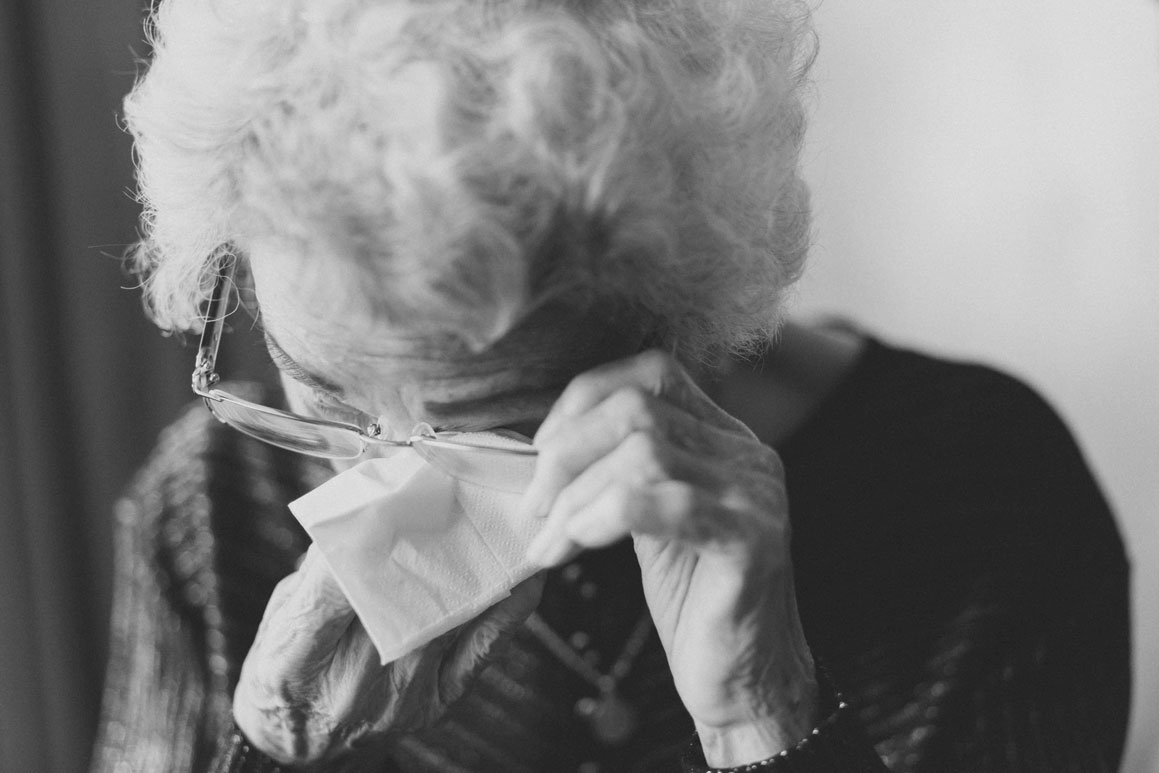Table of Content
Each category is equally serious, and elderly residents who fall victim to all forms of abuse can experience lasting physical, psychological, and financial consequences. The good news is that nursing home residents who fall victim to abuse have clear legal rights. The common types of nursing home abuse include physical abuse, emotional abuse, financial abuse, sexual abuse, and neglect.

In addition to theft of money or belongings, financial abuse includes financial neglect, exploitation, and health care fraud. A National Center of Elder Abuse study found that seven percent of nursing home abuse complaints were for sexual abuse. Further, 79-year-old females are the most likely victims per the Illinois Department of Aging. Abusers are frequently those close to the victim, such as nursing home staff, visitors, and other residents. Nursing home abuse and neglect often fall under the legal umbrella of medical malpractice.
How can I get help for different nursing home abuse types?
Elder abuse is physical, psychological, sexual, or material harm or neglect by one person to another person who is 65 years old or older. Older adults without family or friends, or those who are disabled or have memory problems, are at an increased risk of experiencing abuse. The Chicago elder abuse attorneys at Curcio Law Offices focus on all types of nursing home abuse cases.
Physical abuse can happen in nursing home situations at the hands of staff, visitors or other residents. Almost 25% of nursing home residents experience physical abuse at least once during their time in care. Emotional nursing home abuse can be especially dangerous since the elderly can be particularly susceptible to emotional trauma. They are also especially susceptible to the physical side effects that emotional abuse can have on a person. If you see signs of abuse, try talking with the older adult to find out what's going on. For instance, the abuse may be from another resident and not from someone who works at the nursing home or assisted living facility.
How to Report Abuse
It often takes a keen and concerned third party to identify the signs of emotional abuse in a senior. General neglect is the refusal to provide a nursing care patient with basic necessities such as food, water, shelter, medication, and personal safety measures. Neglect occurs whenever nursing home staff fail to fulfill any part of their obligation or duties to an elder. Abuse in nursing homes refers to nursing home staff causing intentional or unintentional harm to their patients.

The facility didn’t inform the victim’s family members and he was found wandering the streets alone. The resident also suffered neglect due to untreated bedsores and pneumonia. In a recent case, a female nursing home resident complained that a male staff member tried to sexually assault her before she screamed and he fled. For example, a woman developed severe bedsores and was left to lie in her own feces due to neglect. Nursing home staff may be inadequately trained to carry out their professional duties and responsibilities. In other cases, staff members simply take out their anger and frustration on innocent residents.
The Different Types of Elder Abuse
Look for a nursing home attorney in the Super Lawyers directory for legal help as a nursing home resident. You can contact law enforcement if you’re aware of an immediate danger to a nursing home resident. Abandonment leaves the elder without any assistance and can result in severe harm or death if abandonment persists. Financial exploitation occurs when an elder’s assets are illegally or improperly used. Physical abuse can lead to serious injuries, including broken bones, bleeding, burns, and sprains.

Putting them in a location with 24 hour care should lead to the best situation possible, but that’s unfortunately not the case all of the time. It is easy for an elderly individual to be physically harmed because they often cannot fight back. Seniors have fragile health and bodies that make it easy for others to cause harm. Sexual abuse refers to the intentional act of violating a resident in a sexual manner without their consent. It is also defined as non-consensual sexual contact of any kind with a nursing home resident.
Child Abuse Helpline
Neglect refers to ignoring an elder and not providing them with the care they need. Neglect is very serious, and in a worst-case scenario, it can lead to death. You need to know what safeguards the nursing home has in place to provide the best care possible for your loved one. You don’t want your loved one to be another thing on the To-Do list of an overworked and underpaid untrained caregiver who sits them in front of a muted television set all day.

You painstakingly try to find the right place to provide the right care. Has trouble sleepingShare this infographic and help spread the word about recognizing the signs of elder abuse. Abuse can happen to any older adult, but often affects those who depend on others for help with activities of everyday life — including bathing, dressing, and taking medicine. Tristan is a professional writer and had careers as a teacher of English, school administrator, and as a broker in real estate sales. Making the decision to move your loved on into a nursing home can be a difficult one, but it’s supposed to be for their benefit.
Nursing home abuse occurs when caretakers harm residents of long-term care facilities. Both intentional and unintentional harm may be considered elder abuse in nursing homes. This abuse can result in trauma, medical emergencies, and even death. Financial elder abuse occurs when a nursing home resident’s personal belongings or money are stolen from them. Nursing Home Abuse Justice was founded to shine a light on nursing home and elder abuse. Every day, thousands of people in nursing homes and assisted living facilities are abused.
Nursing home neglect is often subtle, making it difficult for some people to recognize, exposing seniors to potential abuse. Physical abuse refers to any mistreatment by a long-term care employee that leads to physical pain, injury, or impairment. When nursing home employees are not adequately trained, they can become easily frustrated and stressed. While many employees have healthy coping methods, some take out their stress by harming the residents.
More apparent signs are fractured skulls, bruises, welts, lacerations, or broken bones. Visitors should be wary if they are not allowed in to see a resident, and if the patient exhibits sharp changes in attitude and interactions with others. Sexual contact with a person who is unable to provide consent is considered sexual abuse. Inappropriate touching, intercourse, coerced nudity, and submitting the person to pose for nude pictures are all considered to be sexual abuse. Some things to look for when a person is being sexually abused are genital infections, bruises on the breasts or anus, and bleeding from the vagina or anus. Additionally, financial abuse sometimes occurs when individuals scheme to take advantage of a patient’s inability to comprehend complex financial transactions.

For example, they may not receive their medication or food in a timely manner, or their hygiene needs may suffer. Residents at nursing homes cannot care for their own needs and are at a chance of getting abused and neglected by the very people supposed to care for them. Spotting the signs of abuse and reporting abuse in nursing homes can free seniors from their miserable situation.
Self-neglect occurs when an older adult cannot take care of themselves, leading to severe health issues. Sadly, sexual elder abuse is often committed against residents who are disabled or unable to give consent. Signs that a loved one has been emotionally abused include negative changes in their mood or behavior. For example, an older nursing home resident who was beaten and suffered from neglect received $175,000 by working with a skilled law firm. Get a free case review if you or a loved one has suffered from abuse or mistreatment in a nursing home.

Even if no physical harm occurs, residents can still be mistreated if staff engage in psychologically harmful behavior. Emotional abuse can come in many forms, including taunts, criticisms, name-calling, and belittling. Victims of emotional abuse may also be isolated from others for days at a time.

No comments:
Post a Comment